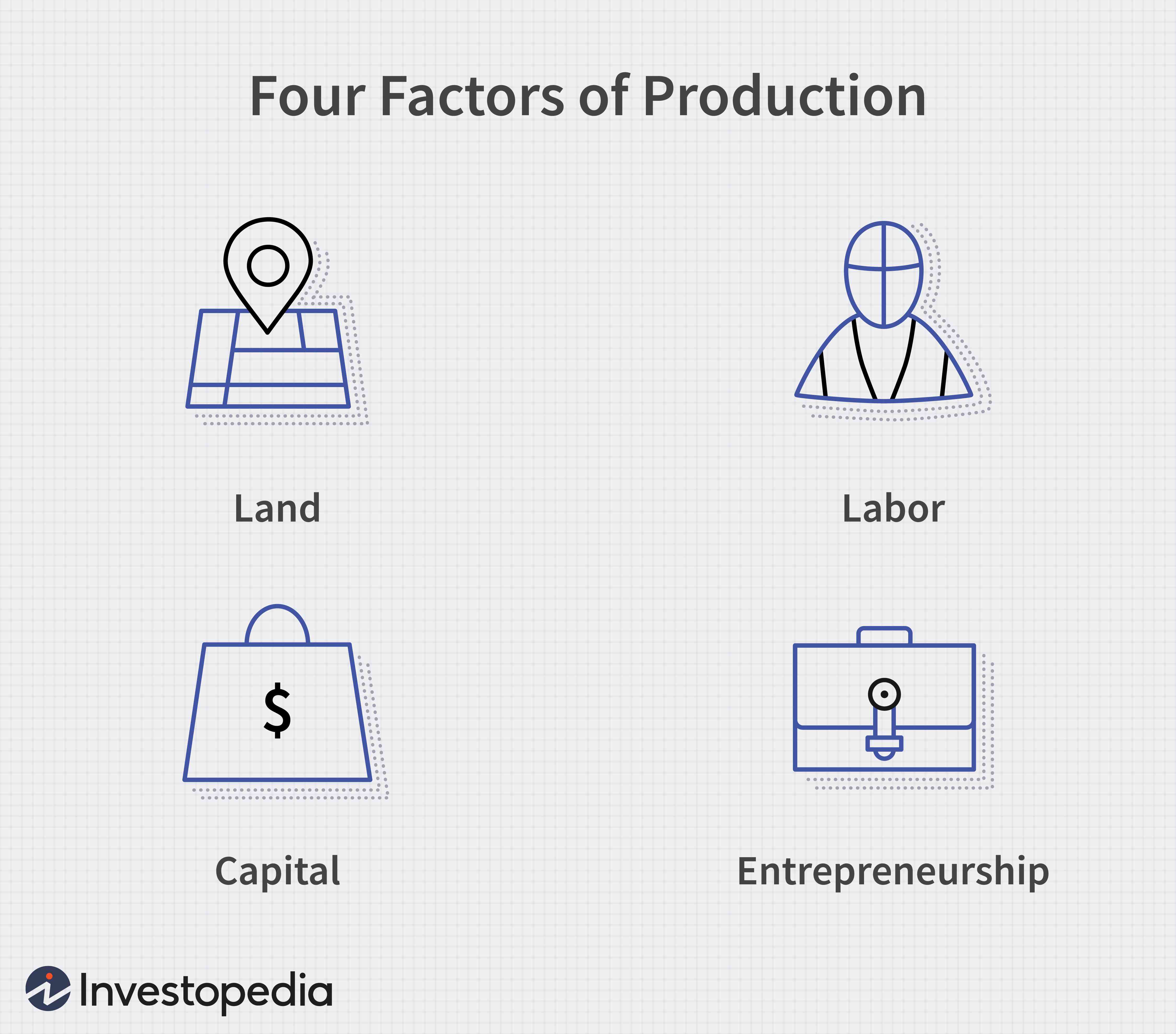|
Eco-restructuring
Eco-restructuring is the implication for an ecologically sustainable economy. The principle of ecological modernization establishes the core literature of the functions that eco-restructuring has within a global regime. Eco-restructuring has an emphasis on the technological progressions within an ecological system. Government officials implement environmental policies to establish the industrial- ecological progressions that enable the motion of economic modernization. When establishing economic growth, policy makers focus on the progression towards a sustainable environment by establishing a framework of ecological engineering. Government funding is necessary when investing in efficient technologies to stimulate technological development. Environmental dimensions such as the preservation of landscape is achieved through sustainability. When analyzing the issues of sustainability, the importance of socio-technical transitions is highlighted to meet the needs of ecological policies. ... [...More Info...] [...Related Items...] OR: [Wikipedia] [Google] [Baidu] |
Robert Ayres (scientist)
Robert Underwood Ayres (born June 29, 1932) is an American-born physicist and economist. His career has focused on the application of physical ideas, especially the laws of thermodynamics, to economics; a long-standing pioneering interest in material flows and transformations (industrial ecology or industrial metabolism)—a concept which he originated. His most recent work challenges the widely held economic theory of growth. Career Trained as a physicist at the University of Chicago, University of Maryland, and King's College London (PhD in Mathematical Physics), Ayres has dedicated his professional life to advancing the environment, technology and resource end of the sustainability agenda. His major research interests include technological change, environmental economics, "industrial metabolism" and " eco-restructuring". He has worked at the Hudson Institute (1962–67), Resources for the Future Inc (1968) and International Research and Technology Corp (1969–76). From 1979 ... [...More Info...] [...Related Items...] OR: [Wikipedia] [Google] [Baidu] |
Economy
An economy is an area of the production, distribution and trade, as well as consumption of goods and services. In general, it is defined as a social domain that emphasize the practices, discourses, and material expressions associated with the production, use, and management of scarce resources'. A given economy is a set of processes that involves its culture, values, education, technological evolution, history, social organization, political structure, legal systems, and natural resources as main factors. These factors give context, content, and set the conditions and parameters in which an economy functions. In other words, the economic domain is a social domain of interrelated human practices and transactions that does not stand alone. Economic agents can be individuals, businesses, organizations, or government A government is the system or group of people governing an organized community, generally a state. In the case of its broad associative defini ... [...More Info...] [...Related Items...] OR: [Wikipedia] [Google] [Baidu] |
Ecological Modernization
Ecological modernization is a school of thought that argues that both the state and the market can work together to protect the environment.Mol, A.P.J, G Spaargaren, and D.A Sonnenfeld. “Ecological Modernization Theory: Taking Stock, Moving Forward.” In ''Routledge International Handbook of Social and Environmental Change'', 31–46. Routledge, 2013. It has gained increasing attention among scholars and policymakers in the last several decades internationally. It is an analytical approach as well as a policy strategy and environmental discourse (Hajer, 1995). Origins and key elements Ecological modernization emerged in the early 1980s within a group of scholars at Free University and the Social Science Research Centre in Berlin, among them Joseph Huber, and . Various authors pursued similar ideas at the time, e.g. Arthur H. Rosenfeld, Amory Lovins, Donald Huisingh, René Kemp, or Ernst Ulrich von Weizsäcker. Further substantial contributions were made by Arthur P.J. Mol ... [...More Info...] [...Related Items...] OR: [Wikipedia] [Google] [Baidu] |
Sustainability
Specific definitions of sustainability are difficult to agree on and have varied in the literature and over time. The concept of sustainability can be used to guide decisions at the global, national, and individual levels (e.g. sustainable living). Sustainability is commonly described as having three dimensions (also called pillars): environmental, economic, and social. Many publications state that the environmental dimension (also called " planetary integrity" or "ecological integrity") is the most important, and, in everyday usage, "sustainability" is often focused on countering major environmental problems, such as climate change, loss of biodiversity, loss of ecosystem services, land degradation, and air and water pollution. Humanity is now exceeding several " planetary boundaries". A closely related concept is that of sustainable development, and the terms are often used synonymously. However, UNESCO distinguishes the two thus: "''Sustainability'' is often thought of ... [...More Info...] [...Related Items...] OR: [Wikipedia] [Google] [Baidu] |
Production (economics)
Production is the process of combining various inputs, both material (such as metal, wood, glass, or plastics) and immaterial (such as plans, or knowledge) in order to create output. Ideally this output will be a good or service which has value and contributes to the utility of individuals. The area of economics that focuses on production is called production theory, and it is closely related to the consumption (or consumer) theory of economics. The production process and output directly result from productively utilising the original inputs (or factors of production). Known as primary producer goods or services, land, labour, and capital are deemed the three fundamental production factors. These primary inputs are not significantly altered in the output process, nor do they become a whole component in the product. Under classical economics, materials and energy are categorised as secondary factors as they are byproducts of land, labour and capital. Delving further, primary fac ... [...More Info...] [...Related Items...] OR: [Wikipedia] [Google] [Baidu] |
Industrial Ecology
Industrial ecology (IE) is the study of material and energy flows through industrial systems. The global industrial economy can be modelled as a network of industrial processes that extract resources from the Earth and transform those resources into products and services which can be bought and sold to meet the needs of humanity. Industrial ecology seeks to quantify the material flows and document the industrial processes that make modern society function. Industrial ecologists are often concerned with the impacts that industrial activities have on the environment, with use of the planet's supply of natural resources, and with problems of waste disposal. Industrial ecology is a young but growing multidisciplinary field of research which combines aspects of engineering, economics, sociology, toxicology and the natural sciences. Industrial ecology has been defined as a "systems-based, multidisciplinary discourse that seeks to understand emergent behavior of complex i ... [...More Info...] [...Related Items...] OR: [Wikipedia] [Google] [Baidu] |
Renewable Energy
Renewable energy is energy that is collected from renewable resources that are naturally replenished on a Orders of magnitude (time), human timescale. It includes sources such as Solar power, sunlight, wind power, wind, the movement of Hydropower, water, and geothermal energy, geothermal heat. Although most renewable energy sources are sustainable energy, sustainable, some are not. For example, some biomass sources are considered unsustainable at current rates of exploitation of natural resources, exploitation. Renewable energy often provides energy for electricity generation to a grid, space heating, air and water heating/air conditioning, cooling, and stand-alone power systems. Renewable energy technology projects are typically large-scale, but they are also suited to rural and remote areas and Renewable energy in developing countries, developing countries, where energy is often crucial in Human development (humanity), human development. Renewable energy is often deployed toge ... [...More Info...] [...Related Items...] OR: [Wikipedia] [Google] [Baidu] |
Green Economy
A green economy is an economy that aims at reducing environmental risks and ecological scarcities, and that aims for sustainable development without degrading the environment. It is closely related with ecological economics, but has a more politically applied focus. The 2011 UNEP Green Economy Report argues "that to be green, an economy must not only be efficient, but also fair. Fairness implies recognizing global and country level equity dimensions, particularly in assuring a Just Transition to an economy that is low-carbon, resource efficient, and socially inclusive."UNEP, 2011, Towards a Green Economy: Pathways to Sustainable Development and Poverty Eradication, www.unep.org/greeneconomy A feature distinguishing it from prior economic regimes is the direct valuation of natural capital and ecological services as having economic value (''see The Economics of Ecosystems and Biodiversity and Bank of Natural Capital'') and a full cost accounting regime in which costs extern ... [...More Info...] [...Related Items...] OR: [Wikipedia] [Google] [Baidu] |
Biomedical Waste
Biomedical waste or hospital waste is any kind of waste containing infectious (or potentially infectious) materials. It may also include waste associated with the generation of biomedical waste that visually appears to be of medical or laboratory origin (e.g. packaging, unused bandages, infusion kits etc.), as well research laboratory waste containing biomolecules or organisms that are mainly restricted from environmental release. As detailed below, discarded sharps are considered biomedical waste whether they are contaminated or not, due to the possibility of being contaminated with blood and their propensity to cause injury when not properly contained and disposed. Biomedical waste is a type of biowaste. Biomedical waste may be solid or liquid. Examples of infectious waste include discarded blood, sharps, unwanted microbiological cultures and stocks, identifiable body parts (including those as a result of amputation), other human or animal tissue, used bandages and dressing ... [...More Info...] [...Related Items...] OR: [Wikipedia] [Google] [Baidu] |
Ecological Modernization
Ecological modernization is a school of thought that argues that both the state and the market can work together to protect the environment.Mol, A.P.J, G Spaargaren, and D.A Sonnenfeld. “Ecological Modernization Theory: Taking Stock, Moving Forward.” In ''Routledge International Handbook of Social and Environmental Change'', 31–46. Routledge, 2013. It has gained increasing attention among scholars and policymakers in the last several decades internationally. It is an analytical approach as well as a policy strategy and environmental discourse (Hajer, 1995). Origins and key elements Ecological modernization emerged in the early 1980s within a group of scholars at Free University and the Social Science Research Centre in Berlin, among them Joseph Huber, and . Various authors pursued similar ideas at the time, e.g. Arthur H. Rosenfeld, Amory Lovins, Donald Huisingh, René Kemp, or Ernst Ulrich von Weizsäcker. Further substantial contributions were made by Arthur P.J. Mol ... [...More Info...] [...Related Items...] OR: [Wikipedia] [Google] [Baidu] |
_per_capita_in_2020.png)



